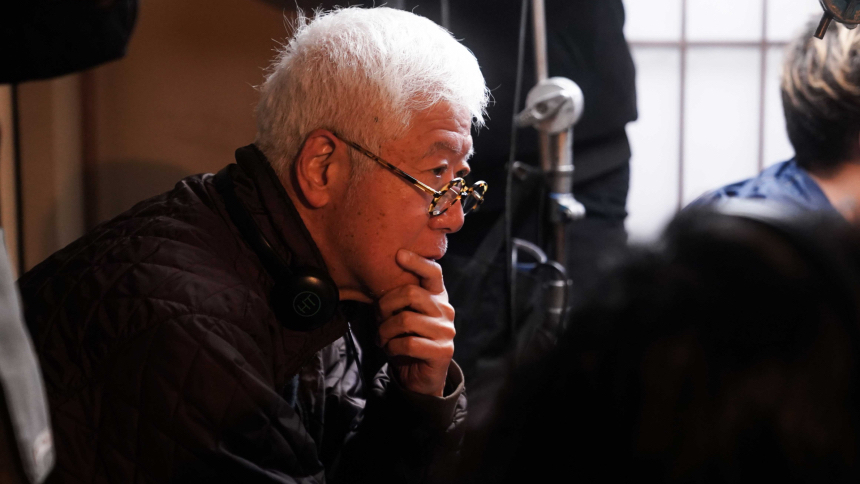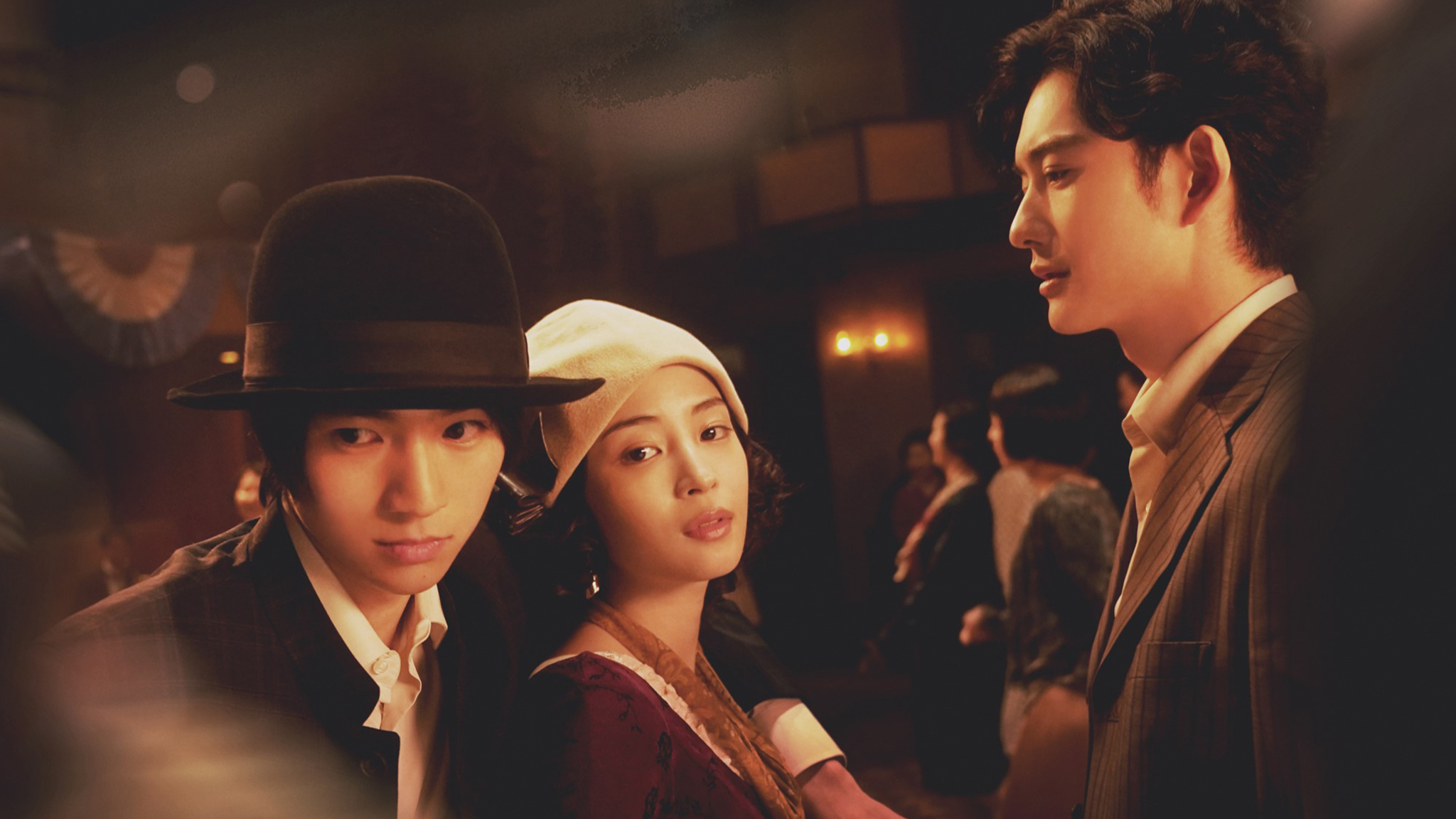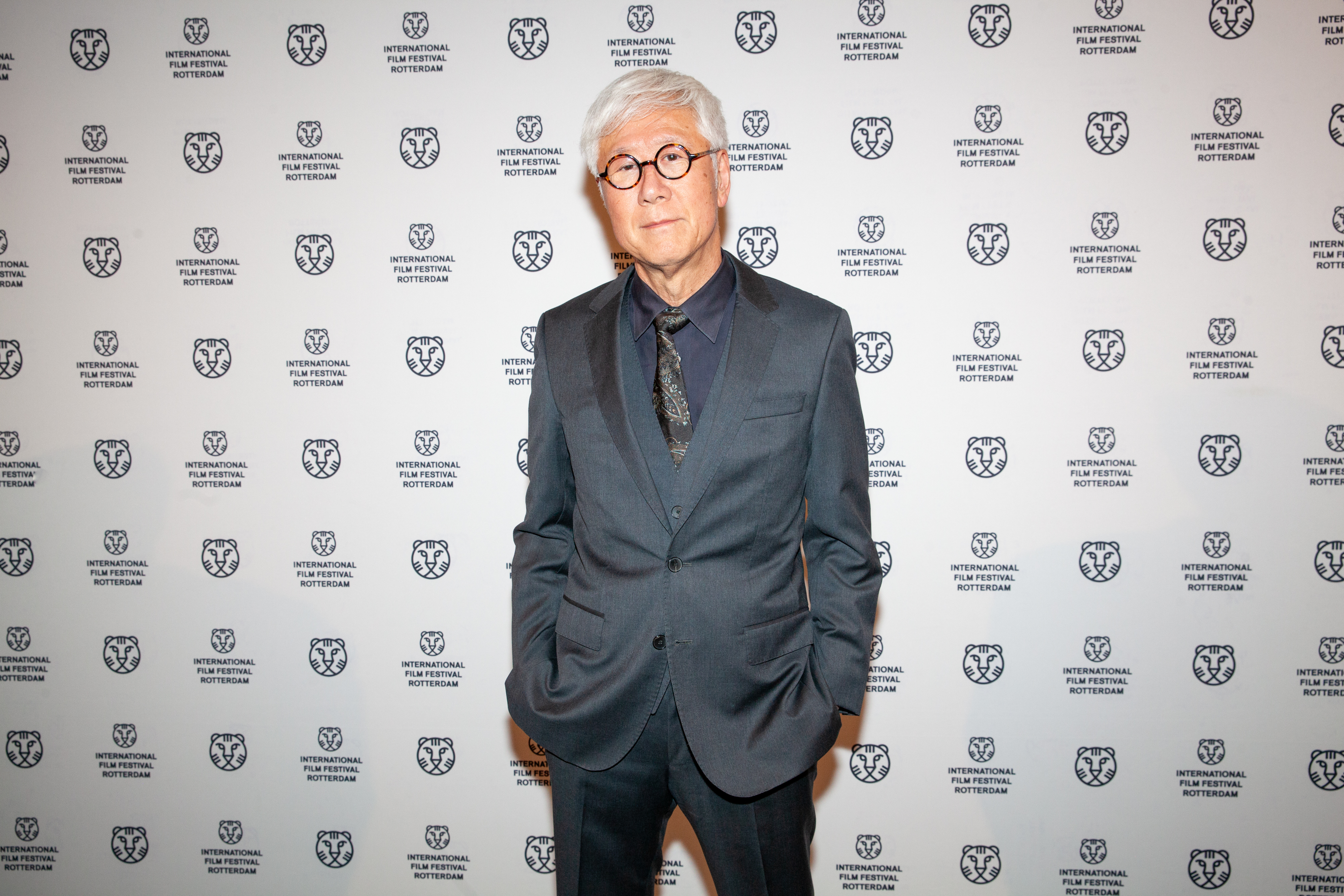Rotterdam 2025 Interview: YASUKO, SONGS OF DAYS PAST Director Negishi Kichitaro Talks Taisho Entanglements, Roman Porno, Creating Chemistry

Negishi Kichitaro is something of an undersung legend in Japanese cult cinema. Cutting his teeth on Roman Porno features for Nikkatsu in the '70s, he went on to direct lavish period dramas exploring the personal lives of key Japanese cultural figures.
The latest of these, Yasuko, Songs of Days Past, tells the true story of a Taisho-era love triangle between a poet: Nakahara Chūya, an actress: Hasegawa Yasuko, and a critic: Kobayashi Hideo. The film marks Negishi's return to the director's chair after a 16-year hiatus. It's a pleasure and a privilege to sit down with him at IFFR as Yasuko makes its World Premiere in the festival's Big Screen Competition.
ScreenAnarchy: Your career began in pink cinema, more specifically making Roman Porno for Nikkatsu. How did your work on those films shape how you approached intimacy in this film?
Negishi Kichitaro: Indeed, I used to work at Nikkatsu making films in the Roman Porno series. There was a lot of freedom. If you included sex scenes, you were free to do whatever you wanted to do when it came to narrative and cinematography. I don't think the kind of film I made back then is too different from what I'm making now.
In the sex scenes of those films, women would be attacked by men and forced to have sex with them. They'd resist at first, but they'd ultimately make erotic sounds of pleasure. This kind of thing is, of course, wrong, and I've been thinking a lot about it. Women don't think like that, and these situations in reality don't play out like they do in those films. So, I decided to make a film led by an independent woman. The fundamentals haven't changed from my older films, but the approach to the main female character has changed.
Would you say then that this new film is a kind of corrective or counter to your earlier work and the mode that Roman Porno was working within? Did you intend to make something that is more 'realist'?
My generation is perhaps the last generation of Japanese film directors to have learned our trade in a studio context. The younger generations are coming up through television and commercials. It's a different world, far from the studio system. I want to demonstrate what I learned from working within the studio, and remind the industry of that with this film.
In your later films, you've been preoccupied with the real-life stories of poets and writers: Dazai, Mishima, and now this love triangle of Hasegawa, Nakahara, and Kobayashi. What sparked this focus on the stories of real-life writers and artists?
Because these people really existed, the framework of the narrative is already there. I wanted to consider each of them individually: how they think about life, how they think about death. That's the main focus of this film.
In regard to domestic cultural understanding of these three historical figures, how does Yasuko feature? Is she as prominent as you've made her in this film when compared to the two men?
She's treated quite differently in the film to how she is in real life. This film is set in the Taisho period. During that time, Japanese women began to strive to become more independent. Yasuko is from the first generation that were part of that. Additionally, she's striving to become an actress. She's struggling against society, and that's what I wanted to capture in this film. It's a story about three people, but Yasuko's struggle is at the centre of it.
It's been quite some time since you last directed a feature film. What prompted you to return to the director's chair?
For over ten years, I didn't make any new films. During that time, I was a university lecturer, teaching students how to make films. Of course, whilst I'm teaching, I'm learning as well - at the same time, I'm a student. I watched many films, and I learned a lot about other directors' skills and technique.
When I arrived on-set to shoot Yasuko, I found that nothing had about my approach had changed. So, perhaps in those ten years I didn't learn anything. I still remembered how to make films.
Could you tell me about your collaboration on this film with screenwriter Tanaka Yôzô? You worked together on your historical dramas and on many of your Roman Porno titles. He's perhaps best known for Suzuki Seijun's TAISHO TRILOGY, so there's a period connection there.
Normally on a film, you're starting from nothing and you build up from there. As you mention, Tanaka Yôzô had written three films 40 years prior that similarly explored the Taisho period. So that made the process very different from usual.
You've brought this period setting to life on screen in intricate detail, with elaborate sets and soft lighting that lend the film a dreamlike quality. Was it important to you for the film to feel period-accurate, or was the aim more to craft a speculative image of the time?
Well, if we go back to the Taisho period, I wasn't born yet. So I don't know how accurate it is!
If you think about Kyoto in the film, these Japanese roofs are so beautiful, especially when they're wet in the rain. I contrasted black roofs with red umbrellas and white snow for the symbolism it would bring to the film.
Yasuko, Songs of Days Past premiered at the 54th International Film Festival Rotterdam. With thanks to Makiko Yoshimi-Hofstra for interpreting.

-6824-thumb-80x80-96989.jpg)









